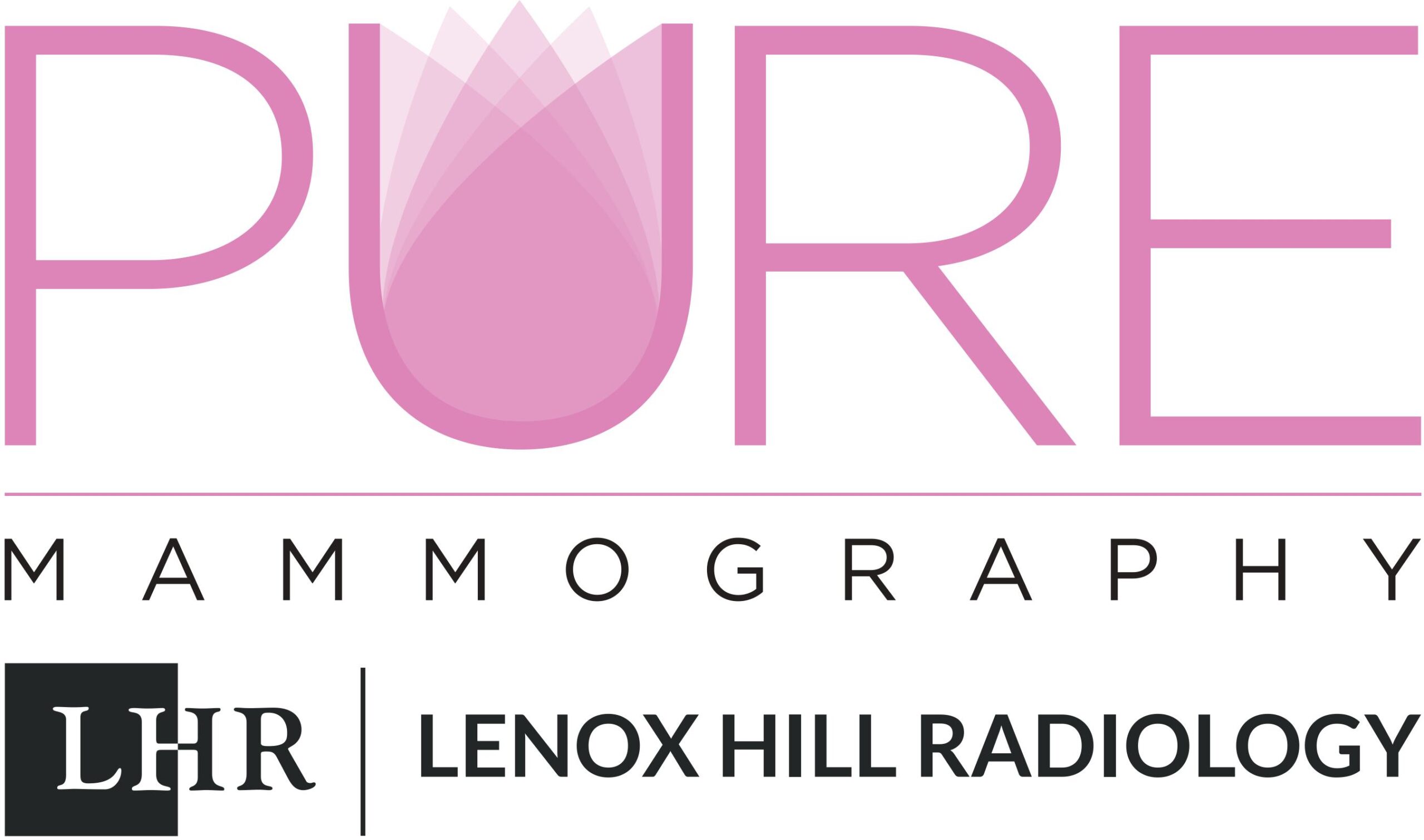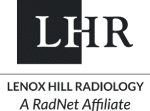Should I Be Concerned If Breast Cancer Runs in My Family?
 If your mother or sister has battled breast cancer, you’re probably worried that you’ll also get it. While family history does play a role, it’s important to know that breast cancer can strike anyone at any age, including men. It’s important to realize there are effective ways to stay one step ahead of breast cancer with regular screenings and lifestyle changes.
If your mother or sister has battled breast cancer, you’re probably worried that you’ll also get it. While family history does play a role, it’s important to know that breast cancer can strike anyone at any age, including men. It’s important to realize there are effective ways to stay one step ahead of breast cancer with regular screenings and lifestyle changes.
What Does the Term “Risk Factor” Mean?
A risk factor is simply anything that raises your risk of developing breast cancer. Many people with known risk factors won’t get breast cancer, while someone with no risk factors will. In fact, breast cancer is characterized as a sporadic disease, meaning those who get it have genes that were damaged in some way after birth, not passed on by their parents.
How Does My Family History Affect My Risk of Getting Breast Cancer?
Inherited breast cancer happens when changes in genes are directly passed to a child from one or both parents. Inherited breast cancer is not common, causing only 5-10% of all breast cancer cases. The genes known as BRCA1 and BRCA2 are the most common breast cancer genes. These genes are supposed to suppress the formation of tumors, but when they’re mutated, they can’t stop tumors from multiplying and turning into cancer. Family history plays a role in your chance of developing breast cancer in the following instances:
- If your mother, sister, or daughter (first-degree relative) had breast or ovarian cancer, your chance increases
- If two of your first-degree relatives had breast or ovarian cancer, your chance increases fivefold
- If you have several relatives, including males, who’ve developed any type of cancer with special emphasis on those who were diagnosed before age 50
- If you have a male relative who had breast cancer
- If a family member developed breast cancer in both breasts
More common risk factors that increase your chance of developing breast cancer include:
Age
Most cases occur after age 50
Personal History
If you’ve had breast cancer before, you have a higher chance of developing it again in the same or other breast
Early Menstruation
Starting your period before age 11
Late Menopause
Menopause that begins after age 55
Pregnancy History
Never giving birth or giving birth for the first time after age 35
Hormone Replacement Therapy (HRT)
Women who took HRT containing progestin for at least five years after menopause
More factors include:
- Being overweight
- Taking birth control pills
- Excessive alcohol use
- Having dense breasts
- Being exposed to radiation at a young age
- Having a sedentary lifestyle
How Can I Find Out If I Have Genetic Risk Factors for Breast Cancer?
Doctors can recommend a “panel test” that is a blood test to check for the BRCA1, BRCA2, and other gene mutations at one time. Panel tests are not recommended for everyone. You should undergo genetic counseling before testing.
You can’t control your genes, but you can take proactive steps to stay one step ahead of breast cancer. Getting a yearly mammogram screening starting at age 40 will help doctors detect any signs of breast cancer.
At PURE Mammography, we offer the latest 3D mammogram technology for our patients. Our board-certified radiologists are fully trained in studying 3D mammograms and are dedicated to providing outstanding service to their patients. PURE is conveniently located inside Smith Haven Mall in Lake Grove, NY. With a spa-like atmosphere and no appointment necessary, stop by today or contact us for more information.

 Learn More About LENOX HILL RADIOLOGY
Learn More About LENOX HILL RADIOLOGY